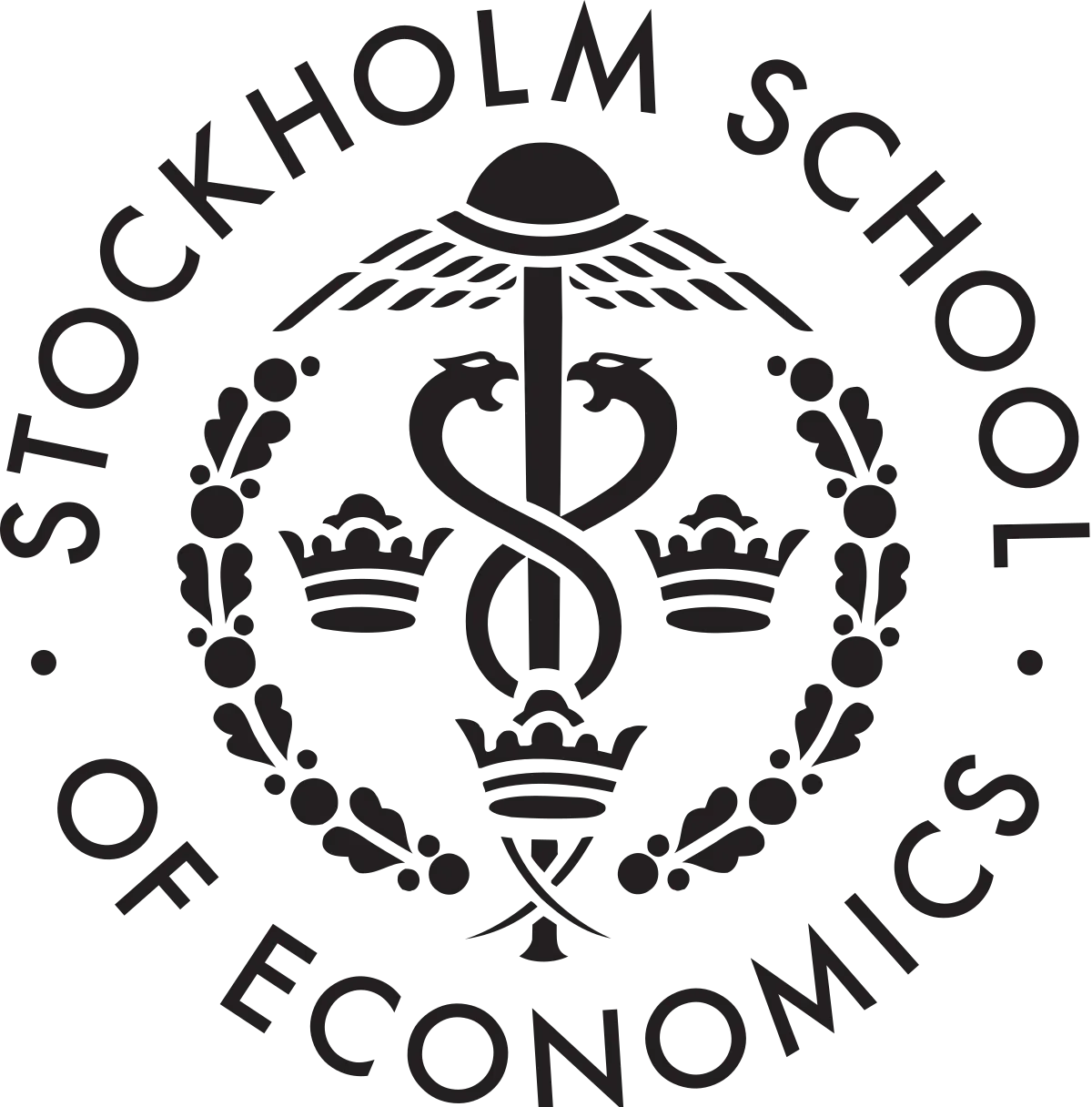'I may work at a Swedish company, but we’re global'
In an increasingly globalised world, business has become truly international, and no economy is independent. So how is this shift reflected in the educational sphere? The Stockholm School of Economics is preparing its students to tackle the world – The Local finds out how.

They say you never stop learning – it’s a lifelong process.
Of course, some people take it more literally than others. Take Frida Korneliusson and Christopher Duncan, for instance.
They’re both seasoned professionals. Korneliusson has years of experience from both the private sector and the public sector, and currently is the CEO of the Stockholm County Council’s treasury. Belgian-Scottish Duncan, VP Ownership Solutions at Electrolux, is spearheading a new customer relationship concept at the multinational company where he has excelled for over a decade.
But they’re not resting on their laurels. In 2015 both professionals started in the MBA Executive Format programme at the Stockholm School of Economics.
“I had heard a lot about the programme, long before I applied,” Korneliusson says.
“And then the timing just seemed right. I had been working as a leader for more than ten years, and I decided it was time to combine my knowledge of leadership with new academic insight.”
Duncan was also a big fan of the programme – but it was luck and hard work that gave him the opportunity to jump onboard.
“I actually won a scholarship for the programme,” he confesses. I couldn’t say no. It was an incredible honour.”
So what is it about the MBA programme at SSE which captivated them so thoroughly? Why here, why now?
“First of all, the school has an incredible reputation,” Korneliusson says. “And what really attracted me is the fact that it combines specialized knowledge from specific courses, like finance and accounting, with group projects with other professionals.”
Modules in the 18-month MBA include accounting, finance, value creation, sustainability, economics, global context, and more, and students can choose to focus on Financial Management or Innovation and Entrepreneurship.
But it’s more than just modules. It’s about connecting and networking, too.
Many business schools offer programmes where participants can pause, take a break, and then start up again in a different group. But at SSE, the group is an essential part of the learning process.
“You really get to know each other, and you stick to the same group, experience the group dynamics, and learn from each other,” Korneliusson says. “And I think that’s really essential.”

Photo: Anna Molander
What really makes the programme unique is that all of the participants come from different backgrounds – sometimes vastly different. They are all experienced professionals, but a doctor might end up working on a project with an engineer and a CTO.
“Taking your knowledge from the business environment back into studies means you’re able to connect the dots much better than before,” Duncan remarks. “And then you can take what you learn and apply it immediately at work. This live concept and implementation of theoretical frameworks is quite unique to SSE.”
But it’s not just the business and academic worlds that are synergized through the programme. It also connects cultures and countries – quite literally.
Korneliusson and Duncan, who are now nearing the end of the programme, just returned from a group field trip to Hong Kong.
“The purpose of the trip was to combine all the courses we have previously studied, like economics and marketing and finance and accounting, and take this knowledge into an international context,” Korneliusson says. “And Hong Kong is a great place to do that.”
The visit was completed in cooperation with the Hong Kong University of Science and Technology (HKUST), one of the leading schools in Asia.
“The focus of the week was to talk about the MBA in the context of China,” Duncan says.
Photo: Electrolux
“China is evolving and is quickly becoming the largest economic power,” he says. “It will definitely take over the United States’ role in the next 20 years. So the big takeaway was really learning how to do business in, and with, China.”
The MBA participants spent a week together in Hong Kong in what they describe as a “mini-MBA”, revisiting all of the modules from a new perspective.
“We discussed social issues, the financial market and banking system, entrepreneurship, the political environment, marketing…it was thorough and varied,” Duncan says.
Find out more about the MBA Executive Format
More than half of the world’s population can be reached within a 5-hour flight from Hong Kong, and the area is booming with business already. So it’s no wonder that tomorrow’s business leaders view it as a hub.
And thanks to the MBA at SSE, those are the glasses through which Duncan and Korneliusson see the world – and eagerly anticipate the next challenge.
“I see the world with new eyes,” Korneliusson says. “When I analyse things now I do it from a wider perspective. Many of us are faced with international business today, and all of us will be in the future.”
And it’s not just about the future – they’re already reaping the benefits of a cutting-edge education.
“I may work at a Swedish company, but we’re global. And we have to think global in everything we do,” Duncan says. “And now no matter where my next steps are, I have this understanding of the political and economic context that’s coming up in the world. And that’s priceless.”
This article was produced by The Local and sponsored by the Stockholm School of Economics.
This content was paid for by an advertiser and produced by The Local's Creative Studio.

Join the conversation in our comments section below. Share your own views and experience and if you have a question or suggestion for our journalists then email us at [email protected].
Please keep comments civil, constructive and on topic – and make sure to read our terms of use before getting involved.
Please log in here to leave a comment.